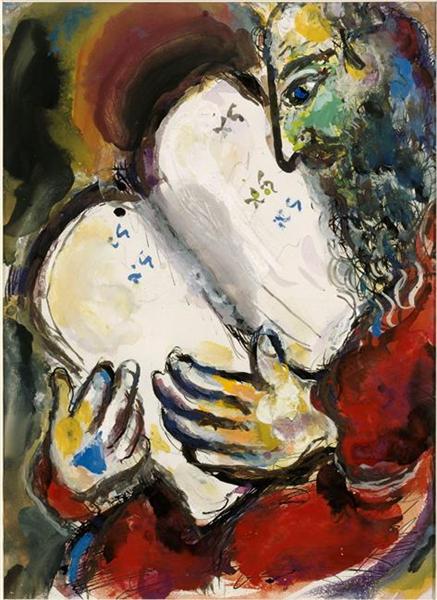Caring for Your Global Workers | April 2020
Dear friends,
We are in such a time of uncertainty and relational isolation; we must be looking at ways to stay connected. This is especially important with our missionaries who are also very much isolated from their second family networks in their country of residence and their first family networks in their country of origin. As EPC pastors, elders, and missions leaders, our care and commitment to the missionaries we support is important to prioritize. As one of our missionaries said to me: “we are your staff in another place.” We need to know them and their needs in order to be better informed as how to pray for them, how to support them, and how to tell them that we really appreciate their service to our Lord.
My wife, Doris, and I have visited many of the ministries/missionary units supported by Cherry Creek Presbyterian Church (CCPC, Englewood, Colorado). As retired Ruling Elders, we know that the Lord has called us to visit these missionaries, American and indigenous. Our purpose is to be with them, in their homes and their location of service. We do not go as tourists. Our time with them is spent discussing in detail the questions posed below, and praying frequently about each of their concerns, challenges, doubts, and personal issues.
Having had the opportunity and privilege to travel to visit CCPC’s international staff, the blessings we received far outweigh what we have done for them. Seeing firsthand, the work they do and the conditions under which some of them live, helps us to better understand the sacrifice many of them are making serving Our Lord and being faithful to their special call. They love the people with whom they work; some live in places where they have seen very little response to their sharing the gospel witness. Still they remain and continue to present God’s love to the people they serve.
The one issue that is common among most of the missionaries we have visited is loneliness. Prayer letters are sent to financial and prayer supporters; but often very little, if any, responses. Very few of their supporters respond in an e-mail, letter, telephone call, video call, or offer to visit them. Assuring appropriate national etiquette, a brief e-mail inquiring about a specific topic in a prayer letter will result in a more informative response that provides our local Mission Committee to know how to more effectively pray for that missionary.
We have discovered another method to support a few missionaries is to establish frequent contact with their college-age children. With the latter, they have become our “grandchildren.”
Neal Pirolo has written a book titled “Serving as Senders Today.” This challenges those of us who stay on the home front to actively support our missionaries. This means we are serving those who have answered God’s call on their lives to be Christ’s witnesses to the unreached. How can we be the people of God who serve – to support, not just monetarily, but with a real presence in the lives of those who are serving God outside the USA? What is God’s call on our lives to be that support? We are needed!
Written by World Outreach Committee Member, David VanValkenburg, from Cherry Creek Presbyterian Church
Some questions you and your congregation can ask, to get to know your missionaries and their ministries better.
- Which countries are your EPC missionaries serving?
- Are you able to delineate each person’s primary ministry focus?
- Do you know any EPC missionary’s faith journey? Do you know how God led them to their current field of service?
- Have you ever corresponded with a missionary? Do you read any of the newsletters from your EPC missionaries?
- Has a missionary ever stayed in your home?
- Have you ever sat around a table and had a conversation with a missionary?
- Have you visited a missionary in their place of service?
- Do you know major prayer requests of your EPC missionaries? Do you know their major challenges and concerns?
- Do you know how your missionaries receive daily spiritual nourishment and fellowship?












Recent Comments